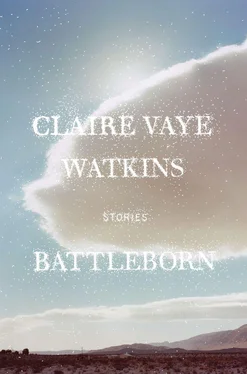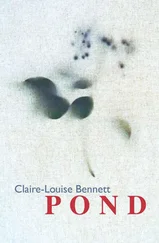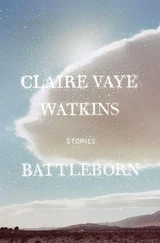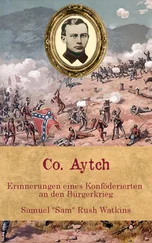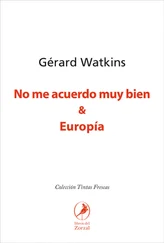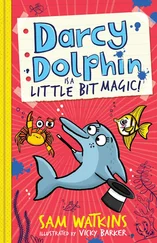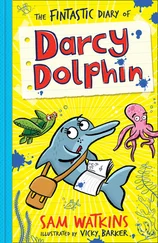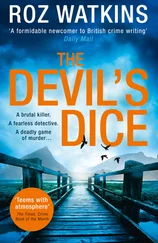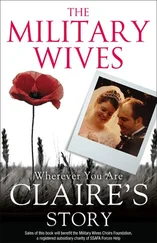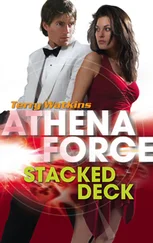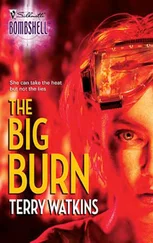When I was a boy, my father took me hunting. Quail mostly and, one time, elk. But I was no good at it and he gave up. I didn’t have it in me, my father said, sad and plain as if it were a birth defect, the way I was. Even now, deer come down from the mountains and root in our garden, stripping our tomatoes from the vine, eating the hearts of our baby cabbages. My father says, Kill one. String it up. They’ll learn. I tell him I can’t do that. I spend my Sundays patching the holes in the fence, or putting up a taller one. The Church of the Compassionate Heart, my wife calls it. It makes her happy, this life of ours, the man I am. Layla helps me mend the fence. She stands behind me and hands me my pliers or my wire cutters when I let her.
But here’s the truth, Duane Moser. Sometimes I see his eyes above that bandanna, see the grasshoppers leaping in the lights, hear them vibrating. I feel the kick of the rifle butt in my sternum. I would do it again.
Truly,
Thomas Grey
P.O. Box 1230
Verdi, Nevada 89439
—
December 20
Duane Moser
4077 Pincay Drive
Henderson, Nevada 89015
Dear Duane Moser,
This will be the last I write to you. I went back to Rhyolite. I told my wife I was headed south to camp and hike for a few days. She said, Why don’t you take Layla with you? It would be good for her.
Layla slept nearly the whole drive. Six hours. When I slowed the car and pulled onto Cane Springs Road she sat up and said, Dad, where are we?
I said, We’re here.
I helped her with her coat and mittens, and we took a walk through the ruins. I told her what they once were. Here, I said, was the schoolhouse. They finished it in 1909. By then there weren’t enough children in town to fill it. It burned the next year. She wanted to go closer.
I said, Stay where I can see you.
Why? she said.
I didn’t know how to say it. Crumbling buildings, rotted-out floors, sinkholes, open mine shafts. Coyotes, rattlesnakes, mountain lions.
Because, I said. It’s not safe for little girls.
We went on. There behind the fence is the post office, completed in 1908. This slab, these beams, that wall of brick, that was the train station. It used to have marble floors, mahogany woodworking, one of the first telephones in the state. But those have been sold or stolen over the years.
Why? she said.
That’s what happens when a town dies.
Why?
Because, sweetheart. Because.
At dusk I tried to show Layla how to set up a tent and build a fire, but she wasn’t interested. Instead, she concentrated on filling her pink vinyl backpack with stones and using them to build little pyramids along the path that led out to the town. She squatted over them, gingerly turning the stones to find a flat side, a stable base. What are those for? I asked.
For if we get lost, she said. Pop Pop showed me.
When it got dark we sat together, listening to the hiss of the hot dogs at the ends of our sticks, the violent sizzle of sap escaping the firewood. Layla fell asleep in my lap. I carried her to the tent and zipped her inside a sleeping bag. I stayed and watched her there, her chest rising and falling, hers the small uncertain breath of a bird.
When I bent to step out through the opening of the tent something fell from the pocket of my overalls. I held it up in the firelight. It was a cloudy stump of amethyst, as big as a horse’s tooth.
I’ve tried, Duane Moser, but I can’t picture you at 4077 Pincay Drive. I can’t see you in Henderson, period, out in the suburbs, on a cul-de-sac, in one of those prefab houses with the stucco and the garage gaping off the front like a mouth. I can’t see you standing like a bug under those streetlights the color of antibacterial soap. At home at night I sit on my porch and watch the lights of Reno over the hills, the city marching out at us like an army. It’s no accident that the first step in what they call developing a plot of land is to put a fence around it.
I can’t see you behind a fence. When I see you, I see you here, at Rhyolite, harvesting sticks of charcoal from the half-burnt schoolhouse and writing your name on the exposed concrete foundation. Closing one eye to look through the walls of Jim Kelly’s bottle house. No, that’s my daughter. That’s me as a boy getting charcoal stains on my blue jeans. That’s you in your Chevelle, the ’66, coming up Cane Springs Road, tearing past what was once the Porter brothers’ store. I see you with M, flinging Fritos and meat and half-full cans of Coke and Bud Light from the car like a goddamn celebration, a shedding of your old selves.
It’s almost Christmas. I’ve looked at the prescriptions, the letters, the photos. You’re not Frankie, I know this. It’s just a coincidence, a packet of pictures flung from a car out in the middle of nowhere. The car is just a car. The world is full of Chevelles, a whole year’s worth of the ’66. You know nothing of Hadley’s Fuel in Beatty, of a boy who was killed there one night in late spring when the grasshoppers sounded like a thunderstorm in your head. I don’t owe you anything.
When I woke this morning there was snow on the ground and Layla was gone. She’d left no tracks. I pulled on my boots and walked around the camp. A layer of white covered the hills and the valley and the skeletons of the old buildings, lighting the valley fluorescent. It was blinding. I called my daughter’s name. I listened, pressing the sole of my shoe against the blackened rocks lining the fire pit. I watched the snow go watery within my boot print. There was no answer.
I checked the truck. It was empty. In the tent I found her coat and mittens. Her shoes had been taken. I scrambled up a small hill and looked for her from there. I scanned for the shape of her among the old buildings, on the hills, along Cane Springs Road. Fence posts, black with moisture, strung across the valley like tombstones. Sickness thickened in my gut and my throat. She was gone.
I called for her again and again. I heard nothing, though surely my own voice echoed back to me. Surely the snow creaked under my feet when I walked through our camp and out to the ruins. Surely the frozen tendrils of creosote whipped against my legs when I began to run through the ghost town, up and down the gravel path. But all sound had left me except for a low, steady roaring, the sound of my own blood in my ears, of a car rumbling up the old road.
Suddenly my chest was burning. I couldn’t breathe. Layla. Layla. I crouched and pressed my bare palms against the frozen earth. The knees of my long johns soaked through, my fingers began to sting.
Then I saw a shape near the burnt remains of the schoolhouse. A panic as hot and fierce as anything — fiercer — rose in me. The slick pink vinyl of her backpack. I ran to it.
When I bent to pick it up, I heard something on the wind. Something like the high, breathy language my daughters speak to each other when they play. I followed the sound around behind the schoolhouse and found Layla squatting there in her pajamas, softly stacking one of her stone markers in the snow.
Hi, Dad, she said. The snow had reddened her hands and cheeks as though she’d been burned. She handed me a stone. Here you go, she said.
I took my daughter by the shoulders and stood her up. I raised her sweet chin so her eyes met mine, and then I slapped her across the face. She began to cry. I held her. The Chevelle drove up and down Cane Springs Road, the gravel under its tires going pop pop pop. I said, Shh. That’s enough. A child means nothing out here.
Truly,
Thomas Grey
Now I am become Death, the destroyer of worlds.
Читать дальше
